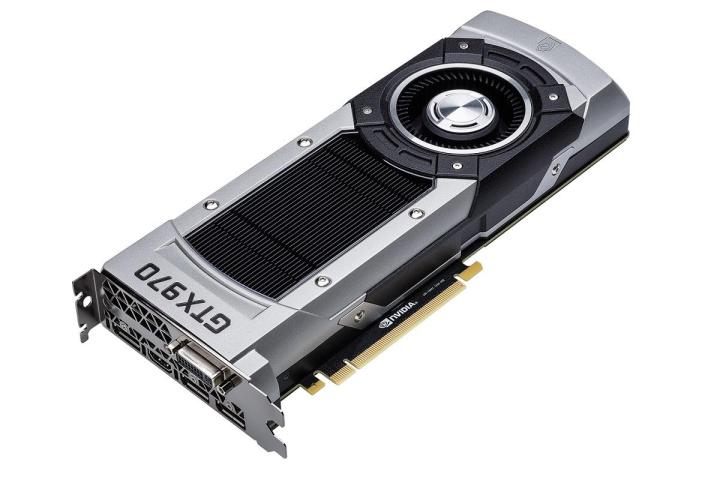
Planned or unplanned, the cost-cutting, power-saving production process that sees the graphics card’s VRAM separated cripples the high-end gaming experience for some.
In the eleventh hour, the Santa Clara-based tech titan seems to have grasped the concept of total transparency and serviceability, letting GTX 970 customers know they’ll be backed in their efforts to get refunds if desired.
Unfortunately, no widespread, clear-cut refund or exchange policy is on the horizon. According to a GeForce forum moderator and Nvidia employee, the company will do its “best to help” in cases where retailers may deny reimbursements. It’s not much, but we’ll take it.
Far more importantly for PC gamers unwilling to renounce the GTX 980’s lesser brother, it appears a driver update is in the pipeline. This is to “tune what’s allocated where in memory to further improve performance” and consolidate the video card’s status as “the best for the money.”
Sounds extremely encouraging, but you’re advised to keep your expectations relatively low. After all, there’s only so much a software tweak can do to lift hardware limitations. Remember, the issue is that an eighth of the card’s four gigabytes of RAM is designed to run at lower speeds than the rest of the memory, and chances are nothing will ever drastically change that.
Nvidia can optimize the two partitions, move a few things around and generally boost graphics performance for games requiring up to 3.5GB memory. But the final half-gig will never be as quick.
Arch-nemesis AMD knows that, and one of its Corporate VPs is going the extra mile on Twitter to provide Radeon alternatives with a “full” 4GB, where “4GB means 4GB.” Ouch!



